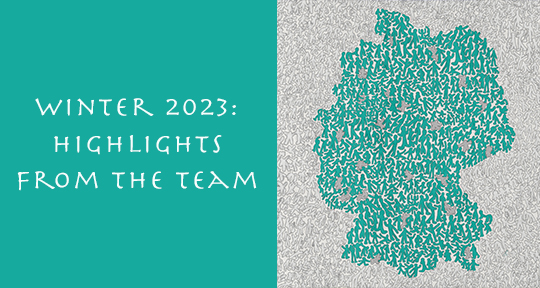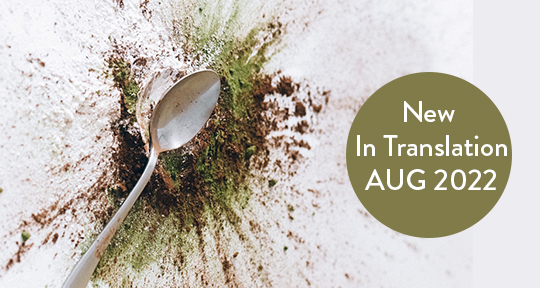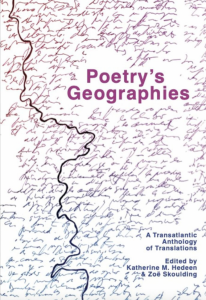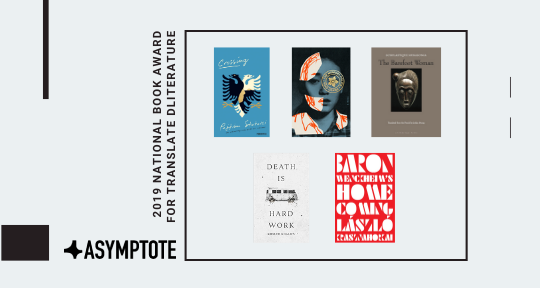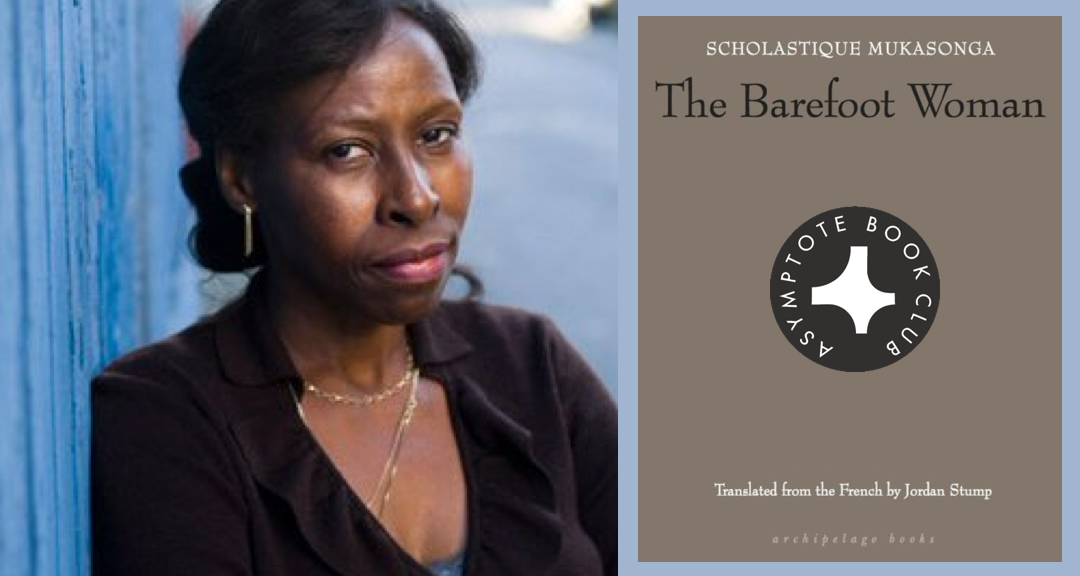This week, our editors are bringing news of book launches, emerging talents, one of the biggest literary awards in the world. Read on to find out more!
Rubén López, Editor-at-Large, reporting from Guatemala
Last December, Argentinian author Dolores Reyes visited Guatemala to discuss her latest novel Miseria (Misery) and the process of creating it. It was the author’s second time in the country, her first visit being the occasion of the literature festival Centroamérica Cuenta (Central America Narrates) in 2021.
I arrived early at Catafixia, an independent bookstore in Guatemala City downtown—the only one with its own editorial house. There was a small group, perhaps thirty enthusiastic people, waiting for the author to arrive. Carmen Lucía Alvarado and Luis Mendez Salinas—Catafixia’s founders, editors, and trusted libreros (booksellers)—arranged golden plastic chairs for the public and created a welcoming stage for Dolores.
When Dolores arrived, the audience was enraptured, viewing the beautifully hand-curated collection of books. People were quick to find their seats; some had to stand in the back because space was limited.
Dolores and Carmen then discussed how her novels Eartheater and Miseria portray the flagellum of missing persons in Argentina—in particular of abducted women. This issue is something that is terribly close to home in Guatemala, since during the process of state terrorism in the second half of the 20th century, more than 45,000 people were disappeared by State operators. Most of their families are still looking for them. Cometierra (the titular Eartheater), her main character, is a teenager with an ability to eat earth, in order to talk to the dead and find missing people. READ MORE…



